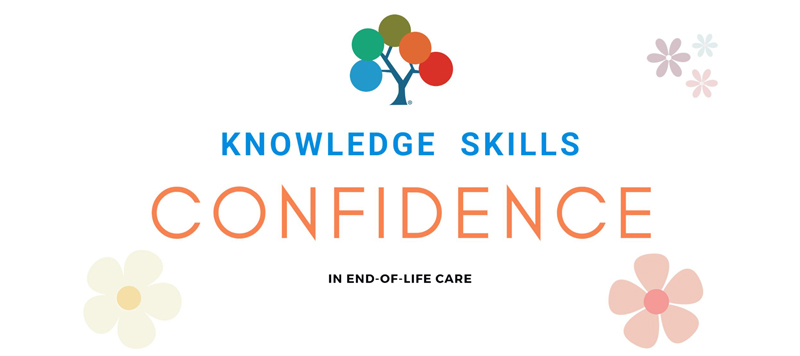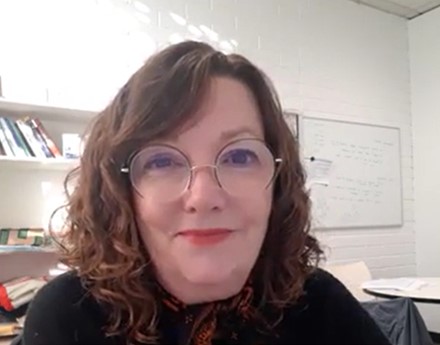Let’s never forget the skills required for end-of-life care
2877 0
A post written by Associate Professor Kim Devery, Project Lead, End-of-Life Essentials

At End-of-Life Essentials (EOLE) we all work hard at creating engaging and accessible education and resources about end-of-life care, so professionals who work in hospitals can deliver safe and quality care. Can we deliver effective education online, without the bonus of face-to-face instruction? We know we can.
Since the project’s inception, evaluation of EOLE pre and post evaluation data, shows statistically significant impact on learner self-reported gains in knowledge, skills and confidence. So those who use our resources gain professional strength, recall long forgotten knowledge, or learn new skills in end-of-life care.
This means that most of the 35,000 health care professionals who have registered and completed our education are in a far better position to provide end-of-life care. Furthermore, our latest analysis, the longitudinal study of EOLE Communication module, shows that health professionals were motivated to change their practice for the better, and their confidence, knowledge and skills were improved. Importantly, this impact on quality practice was sustained 3 months after the completion of the education.
Research is a hugely important factor confirming our efficacy.
We also love to receive messages from people we don’t know, who want to tell us about their learning and the impact on patient care. Kerrie got in touch, and we are delighted to read her words:
"I am a nurse from the xxx Hospital and just wanted to thank you for putting together such a beautiful package for end of life care. I had a palliative patient recently whilst working on a ward elsewhere and after completing only part of the course I felt better prepared than I ever have before. The patient’s family asked questions and I had empathetic and appropriate ways to have these difficult conversations whilst never sugar coating what was happening. The patient did die later in my shift, the family was prepared and the whole process was a lot less stressful. I have passed on the course details to a friend I studied with and she is also loving the learning journey it provides. THANK YOU so much for such a brilliant course."
Kerrie writes about the impact of EOLE learning - feeling less stressed, more confident, preparing the family, and being prepared herself to provide end-of-life care to a patient. All crucial. All strengthened from her learning in EOLE.
Let’s never forget that providing end-of-life care requires skills and confidence in a whole range of areas. Kerrie and all of us are not born innately with these skills. We need to learn and grow confidence, capacity and skills in:
- Knowing how to broach discussions of prognosis while at the same time navigate, and not crush, the hopes and wishes of the patient.
- Recognising the existential mindset of patients who have a heightened sense of mortality.
- Knowing that many answers to questions of the future are ambiguous.
- Understanding that heightened emotions (of families and staff, sometimes patients) normally accompany end-of-life care and dying.
- Accepting the complexity of making decisions at the end of life.
As we embark on our 4th round of funding, (thank you Commonwealth Department of Health and Aged Care), we aim to reinforce all our online learning even more. If you work in a hospital, we are here to help. Our project provides space for you to expand your insights and connection to tried and true, best practice and evidence-based resources. Come by and see us.

Associate Professor Kim Devery
Project Lead, End-of-Life Essentials